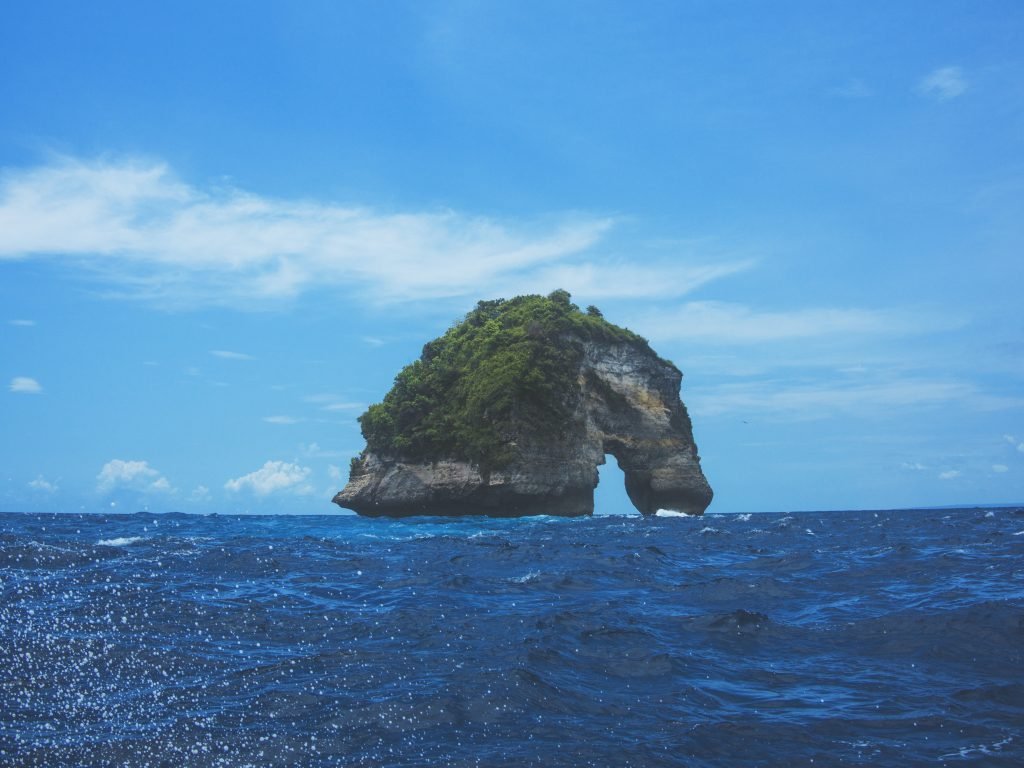Discovering Labuan Bajo: Your Ultimate Travel Guide
Labuan Bajo, nestled on the enchanting island of Flores in Indonesia, has rapidly become a favored tourist destination. Renowned for its stunning natural landscapes, vibrant marine life, and rich cultural heritage, Labuan Bajo presents an array of activities and attractions that will charm any traveler. In this guide, we will delve into the top experiences in Labuan Bajo and share handy tips to ensure your trip is nothing short of unforgettable.
- Explore the Komodo National Park
A trip to Labuan Bajo wouldn’t be complete without visiting the Komodo National Park. As a UNESCO World Heritage site, it is home to the legendary Komodo dragons, the world’s largest lizard species. Embark on a boat tour to witness these magnificent creatures in their natural habitat, while also exploring the park’s pristine beaches, vibrant coral reefs, and crystal-clear waters. Numerous tour operators in Labuan Bajo provide Komodo dragon tours, allowing you to select one that matches your preferences and travel budget.
This island is celebrated for its exceptional snorkeling and diving spots, making it a paradise for underwater enthusiasts. The waters around Labuan Bajo are teeming with diverse marine species, including colorful fish, sea turtles, manta rays, and even sharks. Notable snorkeling and diving locations include Batu Bolong, Tatawa Besar, and Manta Point. If diving isn’t part of your adventure, there are ample snorkeling options to explore the enchanting underwater world.
- Visit the Cunca Wulang Waterfall
If you’re yearning for a respite from the sun and sea, make sure to visit the Cunca Wulang Waterfall. Situated about an hour’s drive from Labuan Bajo, this breathtaking waterfall is perfect for cooling off and unwinding. Surrounded by lush greenery, the clear waters provide an ideal spot for a refreshing swim.
Food lovers will feel right at home in Labuan Bajo, where a treasure trove of local dishes awaits. Don’t miss out on trying grilled fish, mouthwatering seafood soup, and sate lilit (minced fish satay). Several fantastic restaurants in Labuan Bajo serve these delicacies and offer stunning views of the ocean.
- Explore the Traditional Village of Wae Rebo
Immerse yourself in the local culture by visiting the traditional village of Wae Rebo. This secluded community, home to the Manggarai ethnic group, offers a window into their unique lifestyle. The traditional conical houses, known as Mbaru Niang, are a remarkable sight. Engage with the welcoming villagers, learn about their customs, and savor authentic local cuisine.
Another must-see in Labuan Bajo is the stunning Pink Beach. This unique stretch of shoreline derives its distinct color from microscopic red coral fragments mixed with white sand. Relax on the pink sands, take a swim, or indulge in some beachcombing. It’s a picture-perfect spot for sunbathing and soaking in the serene coastal beauty.
Frequently Asked Questions (FAQs)
- 1. Do I need a visa to visit Labuan Bajo?
- Yes, visitors from many countries require a visa to enter Indonesia. It’s best to check the visa requirements based on your nationality.
- 2. What is the best time to visit Labuan Bajo?
- The dry season from April to December is ideal, as it offers the best weather for exploring and enjoying outdoor activities.
- 3. Can I snorkel if I am not a certified diver?
- Absolutely! Labuan Bajo has numerous snorkeling opportunities that are perfect for beginners. You can enjoy the underwater beauty without needing diving certification.
- 4. What local dishes should I try in Labuan Bajo?
- Don’t miss out on trying grilled fish, seafood soup, and sate lilit. These local specialties highlight the fresh and delicious flavors of Labuan Bajo.
- 5. How can I minimize my environmental impact while visiting Labuan Bajo?
- Be mindful by avoiding single-use plastics, not littering, and choosing eco-friendly tours that support sustainable practices in the region.
This revised article is structured using semantic HTML, integrated with high-ranking keywords, and contains an engaging tone while maintaining a friendly approach. The content aims to provide valuable information about Labuan Bajo while ensuring optimum readability and search engine visibility.










